Breast Cancer Awareness Month: 61% Know Someone with Breast Cancer
October is Breast Cancer Awareness Month. Sixty-one percent (61%) of American Adults say they know or knew someone diagnosed with breast cancer.

October is Breast Cancer Awareness Month. Sixty-one percent (61%) of American Adults say they know or knew someone diagnosed with breast cancer.
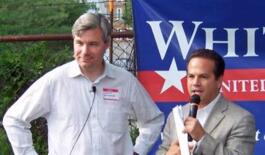
With Election Day on the horizon Republican Senator Lincoln Chafee remains highly vulnerable. Democrat Sheldon Whitehouse leads the incumbent 50% to 42%.
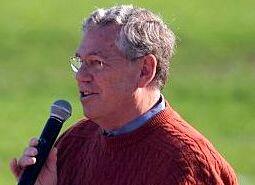
Republican Governor Donald Carcieri, though facing some of the same political realities afflicting the Republican Senator's campaign, seems to have found a toehold in his own bid to win reelection.

Sixty-nine percent (69%) of Americans say that exercise is an important part of their daily lives and 88% think that regular exercise can make you a healthier person.
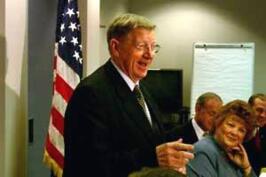
Republican Senator Conrad Burns has closed the gap and is now just a couple points behind Democrat Jon Tester. The latest poll in Montana finds Tester with 48% of the vote while Burns earns 46%.

Republican U.S. Rep. Jim Gibbons has seen his lead in Nevada’s gubernatorial race cut nearly in half by Democratic Senate Majority Leader Dina Titus.
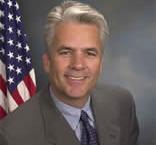
The latest Rasmussen Reports election survey shows incumbent U.S. Sen. John Ensign leading Democrat Jack Carter 50% to 42%.
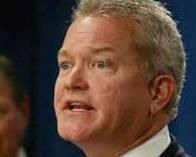
Former Florida Congressman Mark Foley remains in the news, but 47% of American adults believe inappropriate relationships between members of Congress and staff members are somewhat or very common.

Montana Incumbent Conrad Burns (R) has closed the gap in the Treasure State and Rasmussen Reports has moved this race from “Leans Democrat” to “Toss-up” status in our Senate Balance of Power Summary. Rasmussen Reports now rates 48 seats as Republican or Leans Republican and 47 Senate seats as Democrat or Leans Democrat.
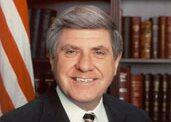
The latest election survey of the Nebraska Senate Race shows Nelson leading Republican challenger Pete Ricketts by 20 points, 54% to 34%. The Nebraska gubernatorial race continues its momentum toward Gov. Dave Heineman. The current results show Heineman leading Democrat David Hahn 70% to 22%.
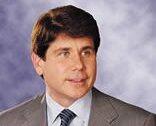
Incumbent Gov. Rod Blagojevich is maintaining his advantage over Republican Judy Barr Topinka in Illinois’ gubernatorial race. The latest Rasmussen Reports election survey shows Blagojevich ahead 44% to 36%.
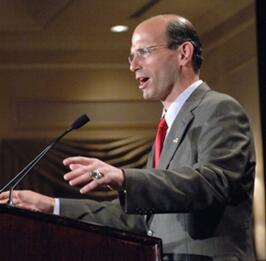
Both Maine's gubernatorial incumbent and its U.S. Senate incumbent are leading in the polls. But the margins are a little different.
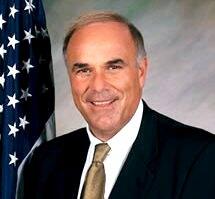
It's getting close to an electoral touchdown for Governor Ed Rendell, who now leads Republican challenger Lynn Swann 57% to 40%. In September he led by twenty points.
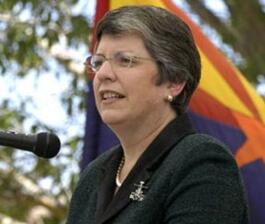
Democratic Governor Janet Napolitano continues her stroll to reelection, now leading Republican Len Munsil 58% to 37%. Republican Senator Jon Kyl has had a tougher race, but is also leading in his reelection bid.

Forty percent (40%) of Americans say they would definitely vote against Senator Hillary Clinton if she is on the Presidential ballot in 2008. This is up three points from 37% in our last Hillary Meter survey, and the highest this measure has been since early August. Thirty-one percent (31%) said they would definitely vote for her, down slightly from two weeks ago (see trends). In every edition of the Hillary Meter, a plurality of Americans have said they would definitely vote against her.

With just a few weeks to go until November 7, Senator Rick Santorum's chances of securing reelection fade a bit more every day. The latest Rasmussen Reports election poll finds that challenger Bob Casey, Jr. has a thirteen point advantage, 54% to 41%.

When it comes to the workplace, younger employees crave more feedback, access to managers and social interaction than their older counterparts, according to a new survey by Hudson.

The most recent Rasmussen Reports election survey shows Gov. Arnold Schwarzenegger leading Democrat Phil Angelides 49% to 40%. That’s a single-point improvement in the incumbent’s favor since last month’s poll.
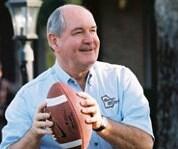
While many candidates around the country are scrambling in the final weeks leading up to November 7, Georgia Gov. Sonny Perdue has no worries.
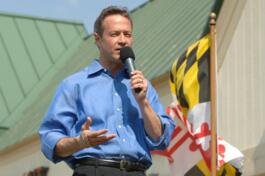
Baltimore Mayor Martin O'Malley now leads Republican Governor Bob Ehrlich 50% to 44%. When leaners are added to the mix, O'Malley leads 53% to 45%.